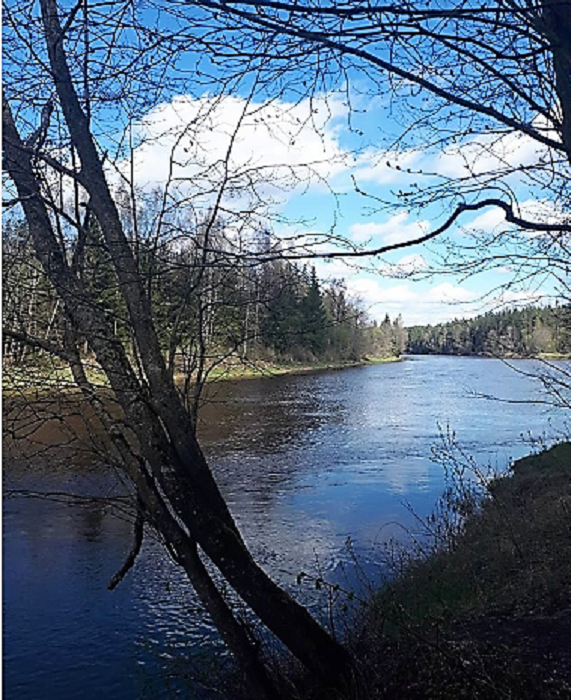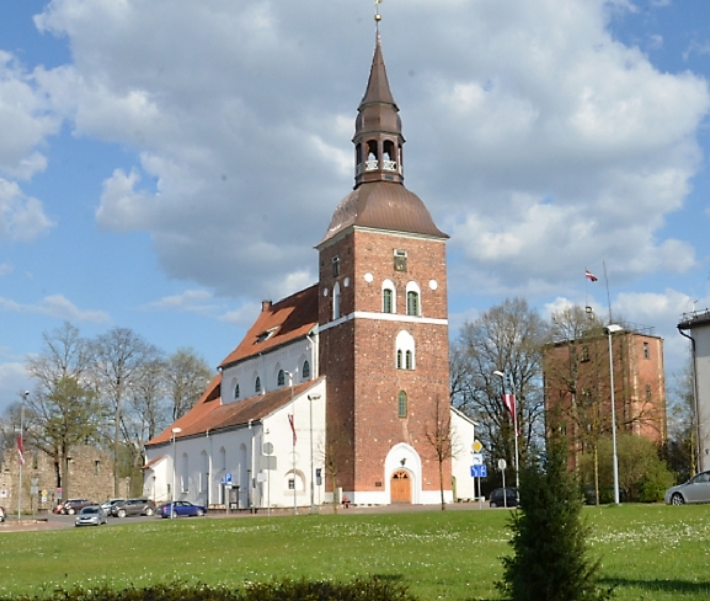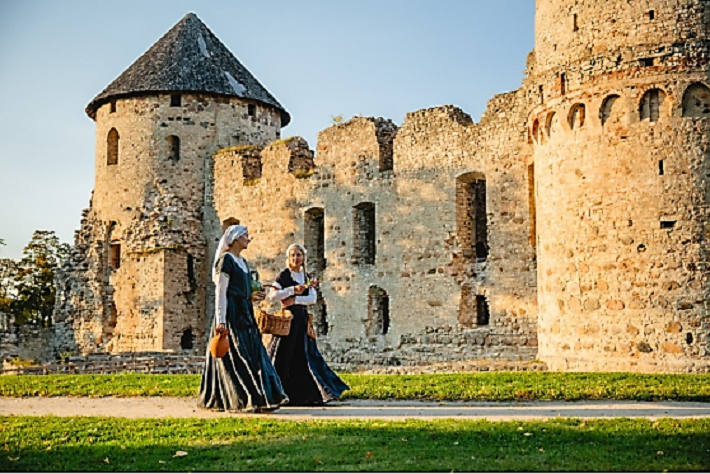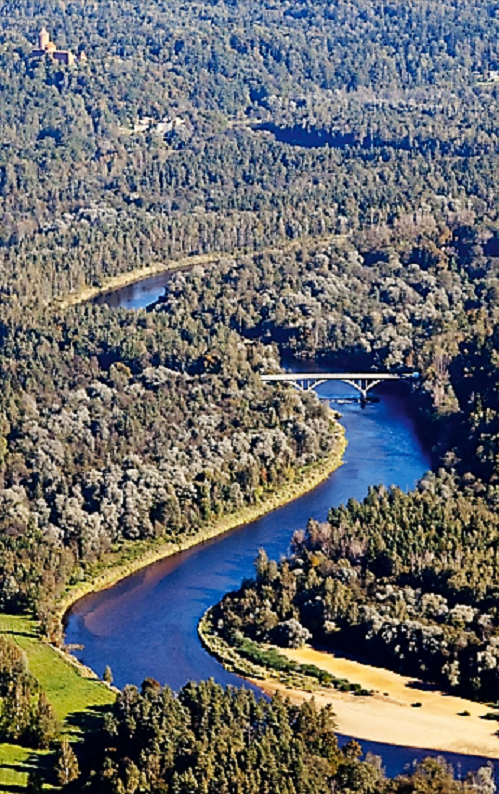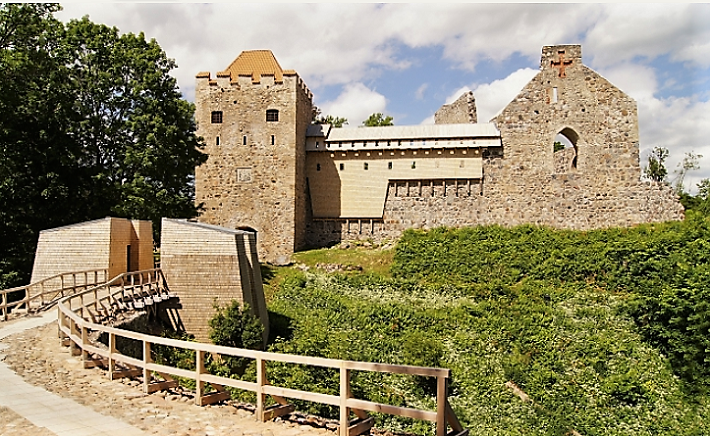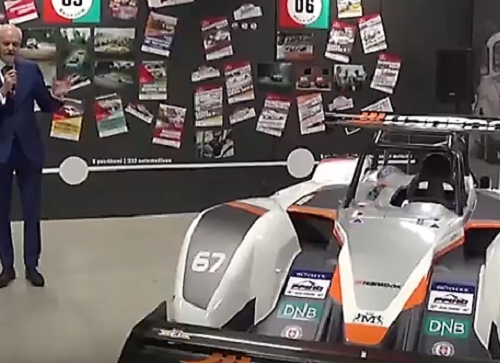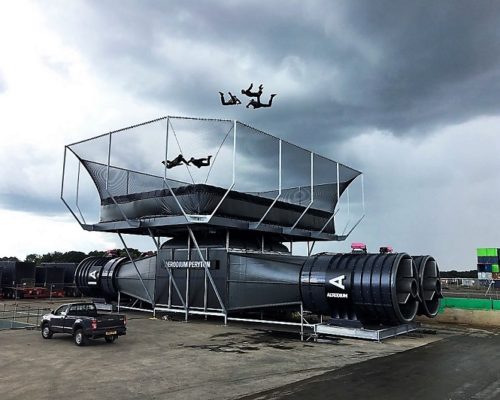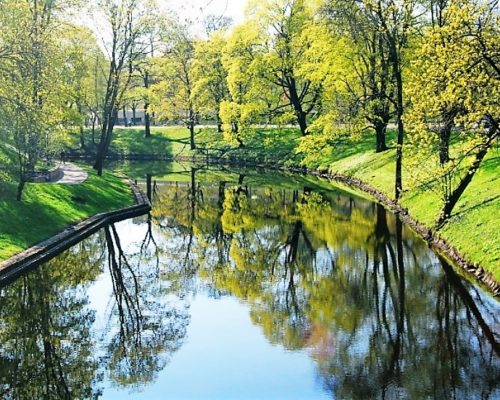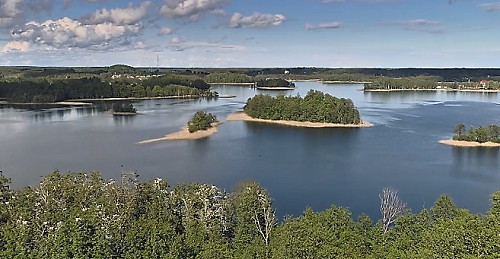 Gauja river
Gauja river
Latvia in couchsurfers eyes – part 4
(part 1 here)
Latvia is divided into 4 regions:
Vidzeme (home to the capital Riga), northern part,
Kurzeme, the western part,
Zemgale, southern part,
Latgale, eastern part.

Latvia travel, Map of Latvia
Gauja National Park
The Gauja National Park is the largest and oldest
of the national parks in Latvia, characterized by great
biological diversity, the variety of landforms, natural springs,
sandstone outcrops, picturesque views and
unique natural, cultural and historical monuments.
The Gauja National Park was established in 1973.
It stretches over more than 90,000 hectares,
protecting the most beautiful section of the Gauja Valley
along the Gauja River between Valmiera and Murjani.
Magnificent sandstone outcrops, rocks, cliffs, and caves are
among the park’s major attractions. The reddish,
yellow and grayish sandstones were formed
350-370 million years ago.
There are over 500 cultural and historical monuments
in the territory of the Gauja National Park – castle mounds,
brick castles, churches, manor houses, watermills,
windmills and other archaeological, architectural
and art monuments.
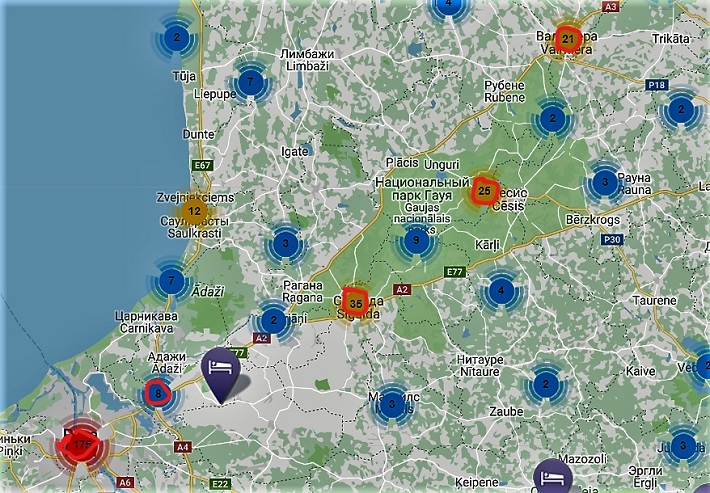 Part of Vidzeme map
Part of Vidzeme map
Let’s meet 3 Gauja National Park
more typical places – Valmiera, Cēsis, Sigulda.
Valmiera lies at the crossroads of several important roads
100 kilometers to the north-east from Riga,
and 50 km south of the border with Estonia.
Valmiera lies on both banks of the Gauja River.
Justīne Varta, River Gauja near Valmiera
Valmiera and its surroundings have been one
of the longest-inhabited regions of Latvia.
Archeological evidence indicates the site was
inhabited 9,000 years ago.
Valmiera was first mentioned as a town in a
chronicle dating back to 1323. The actual founding
of the town probably occurred at least 40 years
earlier when the master of the Livonian Order
Wilken von Endorp constructed a castle (Wolmar)
and the Catholic church on the banks of the river Gauja.
Valmiera was a member of the Hanseatic League
from the 14th–16th centuries.
Wikipedia
Valmiera St. Simon`s church
The church was built at the end of the 13th century,
almost completely keeping its medieval looks.
Several valuable art monuments can be found
in the church: burial plaques (15-16th century),
the Ladegast pipe organ (1886), a pulpit
with paintings from the 1730s.
From the church tower, you have a beautiful
panoramic view on Valmiera.
More about Valmiera here
Hanseatic city of Cēsis
Cēsis (Wenden) was first mentioned in 1206. At the turn
of the 14th-15th centuries, due to the close proximity to
the Gauja River, Cēsis got involved in trade and
joined the Hanseatic League.
In the Middle Ages
the city had its own currency and in the 20th century
it was even the capital of Latvia for two days.
One of the oldest breweries in Northern Europe –
“Cēsu alus” still operates in Cēsis.
Modern Cēsis is a cultural center where the past
in basis for present times’ creativity.
The greatest treasures
of Cēsis are the Old City and the well-preserved
ruins of Livonian Order’s castle.
Cēsis Castle
In the Old City, you can meet the Old Man of Time. He holds one
of the symbols of Cēsis – a lantern that helps to
switch on various lamps of the Old City.
More about Cēsis here
See video Discover Cesis
Sigulda
For centuries, painters, poets, and lovers have found
inspiration amidst the lovely landscapes of Sigulda,
and visitors continue to embrace this exceptionally
a beautiful part of Latvia today.
Overlooking the picturesque Gauja River in the
majestic Gauja National Park, Sigulda’s forested valleys
are steeped in myths and legends.
turisms.cesis.lv River Gauja, Sigulda
Visit impressive Turaida Castle as well as Folk Song Hill,
a symbol of Latvia’s rich musical heritage
where timeless pagan ceremonies are held.

Turaida Castle
Castle of Livonian Order in Sigulda
Built-in 1207 as a castellum type fortress, later
rebuilt into a convent type building.
From 2012 it is possible to climb up the North Tower,
the Main Gate Tower and enjoy the medieval aura.
There is also 19th century New Castle next door.
Castle of Livonian Order, Sigulda
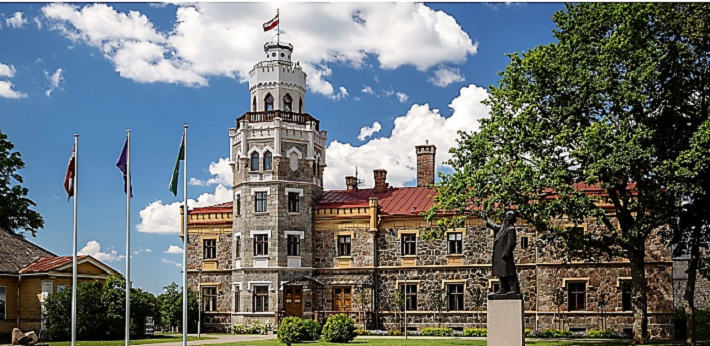
New Castle, Sigulda
Adrenaline heaven
Sigulda is also Latvia’s top destination for adventure
activities – Bobsleigh Track, Aerodium (flight shows) and
Adventure Park – more here, Bungee jumps.
Bobsleigh Track
Scorch down a kilometer of ice with a ride in
a real bob at the only bobsleigh track in the former USSR.
Bobsleigh Track Sigulda
BUNGEE SIGULDA is a unique place in Europe,
where jumps are organized from 43 m high cable
car over the beautiful scenery found at
the Gauja National Park.
Since 2014, knowledge and technology of
BUNGEE SIGULDA
has also been used in Nepal (see more).
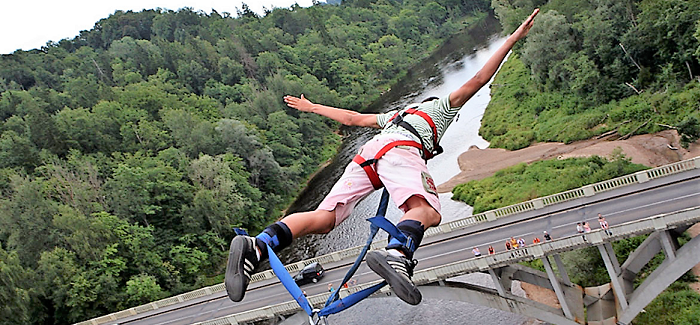
bungee.lv Bungee, Sigulda
Are You an equestrian sport’s lover?
By the way from Sigulda to Riga, You can visit Ādaži –
and get equestrian horseback riding vacations
to explore beautiful nature and wilderness
adventures on a horse (more here).
Magnesy, Horseback riding vacations in the Lilaste nature park
Ethnographic
Open-Air Museum
Just a half hour’s drive from Riga’s center, nestled
in a pine forest, one of Europe’s oldest and largest
outdoor museums can be found alongside the shore
of Lake Jugla. It is called the Ethnographic
Open-Air Museum of Latvia.
Since its establishment in 1924, the museum has
collected 118 historical buildings from all over
Latvia. Riga and all of Latvia’s regions, Kurzeme,
Vidzeme, Zemgale, and Latgale are represented
here. The buildings have been set up to give
visitors a sense of Latvia’s rural landscape.
At the Open-Air Museum, you can find farmsteads
of Latvian farmers, craftsmen, and fishermen.
They all contain permanent exhibitions – household
and working tools, interior furnishings – which
characterize the time period, the district, and the
owner’s vocation.
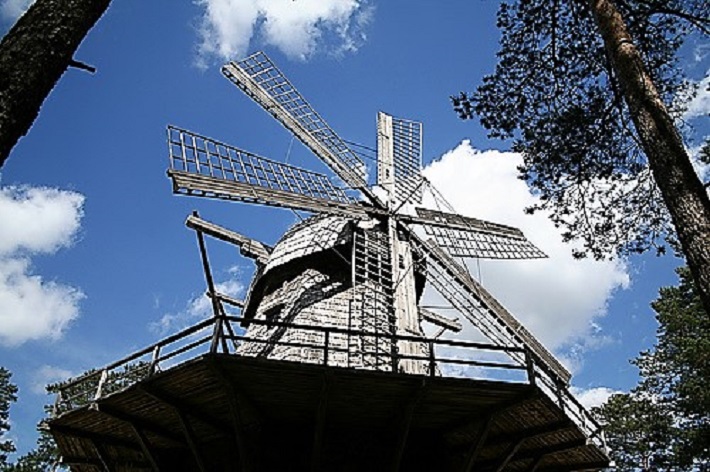 Flickr.com Windmill, Open-Air Museum
Flickr.com Windmill, Open-Air Museum

